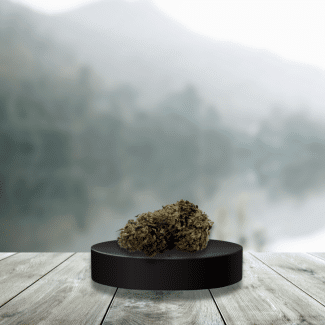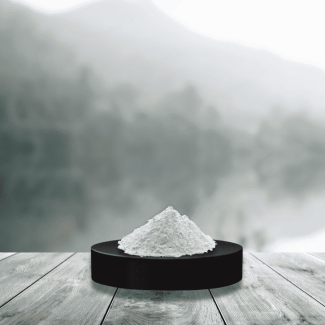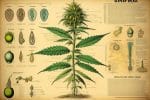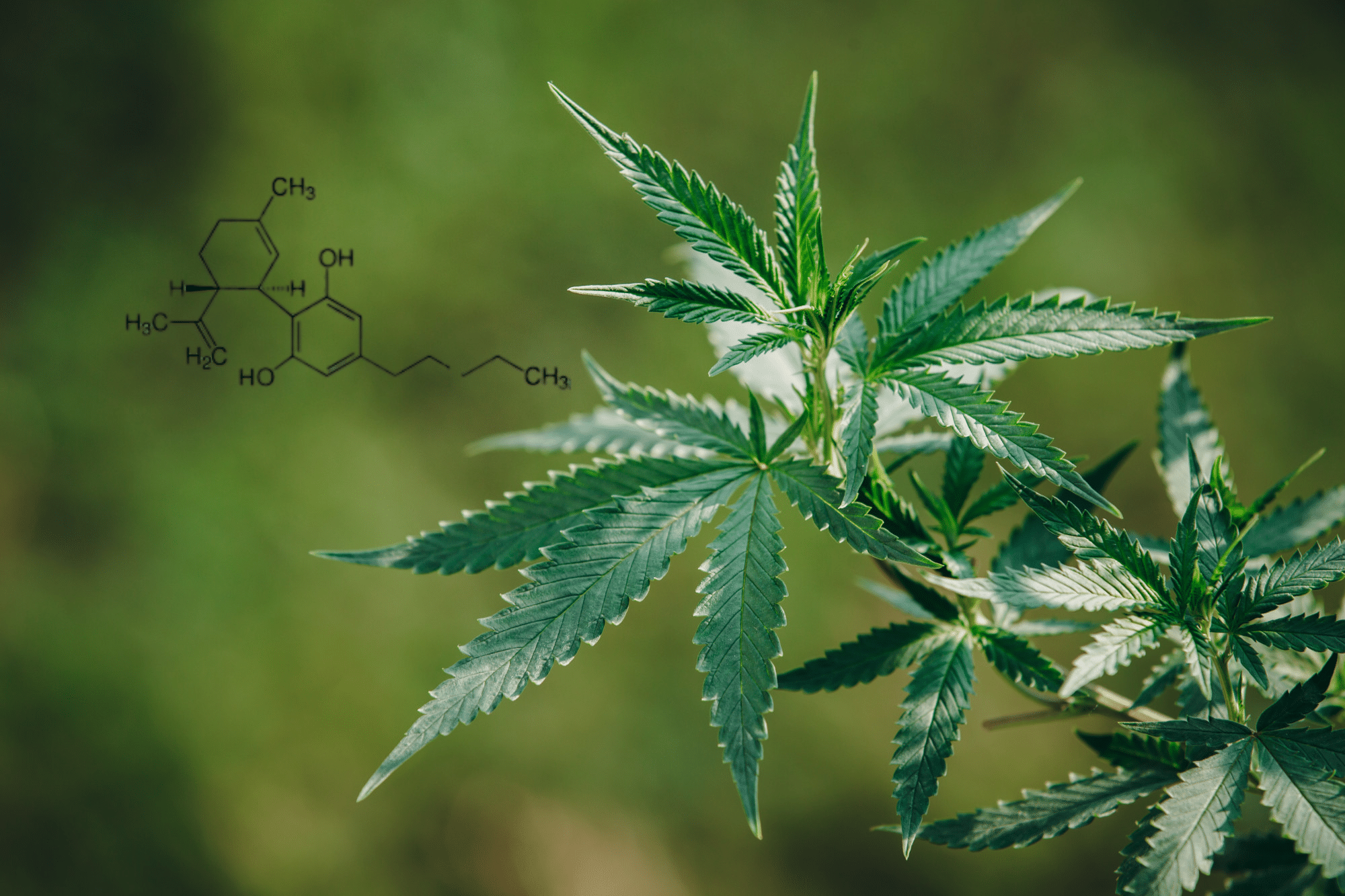
What is THCjd Tetrahydrocannabioctyl?
THCjd is a rare and powerful cannabinoid with a unique molecular structure. It is known for its pronounced pharmacological effects, notably its ability to produce intense psychotropic effects. Its high potency is attributed to its complex molecular structure, which makes it more active than traditional THC.
THCjd 's isomerization makes it even rarer, as it transforms into classic THC over time, making it a valuable find for cannabis connoisseurs. However, this rarity and its increased potency call for special precautions for novice consumers. It's essential to start with low doses and monitor effects closely, as THCjd can have more intense effects than other cannabinoids.
In conclusion, THCjd has unique characteristics that set it apart from other cannabinoids, but it requires a cautious approach due to its potency and rarity. Novice users should take precautions and be aware of the potential effects before experimenting with it.
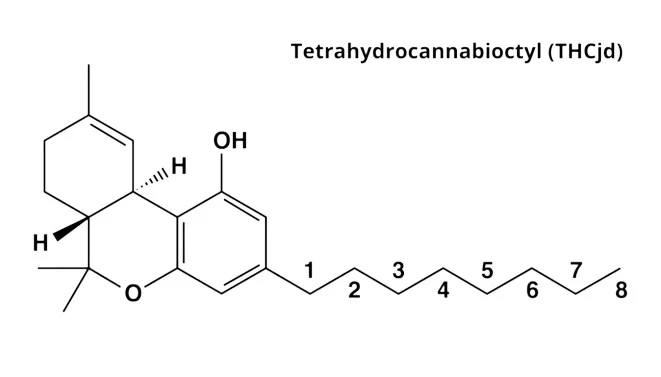 History of the THCjd molecule ?
History of the THCjd molecule ?
THCjd is a recent discovery in cannabis, and has been shown to be far more potent than delta-9 THC, the most common form of THC. Its unique molecular structure gives it increased potency, which may have important implications in terms of specific pharmacological effects on the human body.
The effects of THCjd on the human body are considered more intense than those of delta-9 THC. It is therefore important to take precautions when consuming it, especially for people who are not used to the powerful effects of THC. It is strongly recommended to consult a health care professional or cannabis expert before consuming THCjd, in order to understand the potential risks and take appropriate safety measures.
In short, THCjd is a new form of THC, distinguished by its potency, unique molecular structure and implications for specific pharmacological effects. It is important to take precautions when using it, and to seek professional advice for safe and responsible use.
Does THCjd have psychoactive effects?
THCjd, also known as synthetic tetrahydrocannabinol, acts on the brain by binding to the CB1 and CB2 receptors of the endocannabinoid system, causing psychoactive effects such as euphoria, relaxation, altered sensory perception and even hallucinations in some people. Unlike ordinary THC, THCjd also interacts with the CB3 receptor, which may have a further impact on its psychoactive effect.
The manufacturing process of THCjd involves the chemical synthesis of its components, which differentiates it from THC naturally present in the cannabis plant. Although THCjd can produce effects similar to those of regular THC, it's important to note that some potential side effects, such as anxiety, paranoia and dependence, can be amplified due to its synthetic nature.
In short, THCjd may well get you high by interacting with the brain's CB1, CB2 and CB3 receptors, but it also presents increased risks compared with natural THC.
What are the effects of THCjd?
THCjd is a psychoactive cannabinoid found in cannabis, known for its effects on the central nervous system. Its molecular structure enables it to bind to CB1 receptors in the brain, resulting in psychoactive effects such as euphoria, relaxation and altered sensory perception. However, excessive use can also cause adverse effects such as anxiety, paranoia and short-term memory loss.
The recommended dosage depends on individual tolerance and form of consumption, but it's crucial to start with low doses to avoid potentially unpleasant side effects. THCjd's duration of action varies according to the method of consumption, but in general, its effects can last from a few hours to a day.
It's important to note that THCjd has potentially addictive psychoactive properties and can affect cognitive function over the long term, especially in younger users. It is therefore essential to consume this cannabinoid responsibly, and to consult a health professional if you have any concerns.
What are the potential benefits of THCjd?
THCjd, although less studied than THC, has promising similarities in terms of potential benefits. Its neuroprotective properties may help protect the nervous system and reduce pain, although further research is needed to confirm these effects. In addition, THCjd has shown signs of reducing PTSD symptoms, making it a promising treatment for people suffering from psychological trauma.
In addition, THCjd can also stimulate appetite, making it a potential candidate for patients suffering from loss of appetite due to medical conditions such as cancer or HIV. Finally, its anti-inflammatory properties may benefit those suffering from inflammatory diseases such as arthritis. Although further research is needed to confirm these benefits, THCjd shows promising potential for a variety of health problems.
What are the side effects of THCjd?
Yes, there are possible side effects of THCjd, including anxiety, paranoia and loss of attention. Anxiety, deep relaxation and paranoia are among the most common negative effects associated with excessive THCjd consumption. These symptoms can be treated with anti-anxiety medication, as well as cognitive-behavioural therapy to help manage these adverse reactions.
In the event of excessive or problematic THCjd use, it is important to seek professional help to obtain appropriate treatment. It is essential not to overlook the side effects of THCjd and to seek appropriate treatment. Therefore, it is advisable to consult a qualified healthcare professional for personalized advice and treatment options tailored to each individual.
In short, it's crucial to consider the possible side effects of THCjd, such as anxiety, paranoia and loss of attention due to its exceptional potency, and to seek appropriate treatment if necessary.
Is THCjd extracted naturally or synthetically?
THCjd, also known as tetrahydrocannabinol, can be extracted either naturally from plants such as cannabis or hemp, or synthetically from CBDjd. In cannabis plants, THCjd is found in greater quantities in the flowers and leaves, and varies according to the different varieties of the plant. The natural extraction process involves the use of solvents such as butane, CO2 or ethanol to separate THCjd from other plant components.
For the synthetic production of THCjd, CBDjd is chemically converted into THCjd, usually by a cyclization reaction under acidic conditions and specific conditions of temperature and pressure. This complex process requires chemical expertise and sophisticated laboratory equipment.
In short, THCjd can be extracted naturally from plants such as cannabis, or synthesized from CBDjd. In both cases, the amount of THCjd in the plant and the manufacturing process vary according to the methods used.
Is THCJD legal in France?
In France, current legislation on THCJD, or delta-9-tetrahydrocannabioctyl, does not include this substance on the list of prohibited substances. However, it is important to note that this situation may change with new laws and regulations concerning cannabinoids.
THCJD is a compound present in certain varieties of cannabis and may have potential implications for health and well-being. Its use may be subject to specific restrictions and regulations, due to its similarities to THC, the main psychoactive substance present in cannabis.
It is essential to keep abreast of developments in THCJD legislation in France, as these changes could have an impact on the availability and use of this substance, as well as on the legal implications associated with its possession and consumption.
In summary, the legality of THCJD in France is currently subject to evolving laws and regulations, and keeping abreast of these developments is essential for the safe and legal use of cannabinoids.
Will THCjd make you fail a drug test?
THCjd, a cannabinoid found in cannabis, can in fact cause a drug test to fail. It is important to refrain from consuming this compound before taking such a test, as the presence of THCjd in the body can be detected for an extended period, sometimes up to several weeks after consumption.
To cleanse the body of THCjd, there are several alternatives such as increasing water consumption, exercising, eating a balanced diet and taking dietary supplements. However, detoxification of this cannabinoid can prove difficult due to its high persistence in the body.
In conclusion, it's essential to abstain from THCjd before taking a drug test, and if necessary, to take steps to cleanse the body of this compound.


